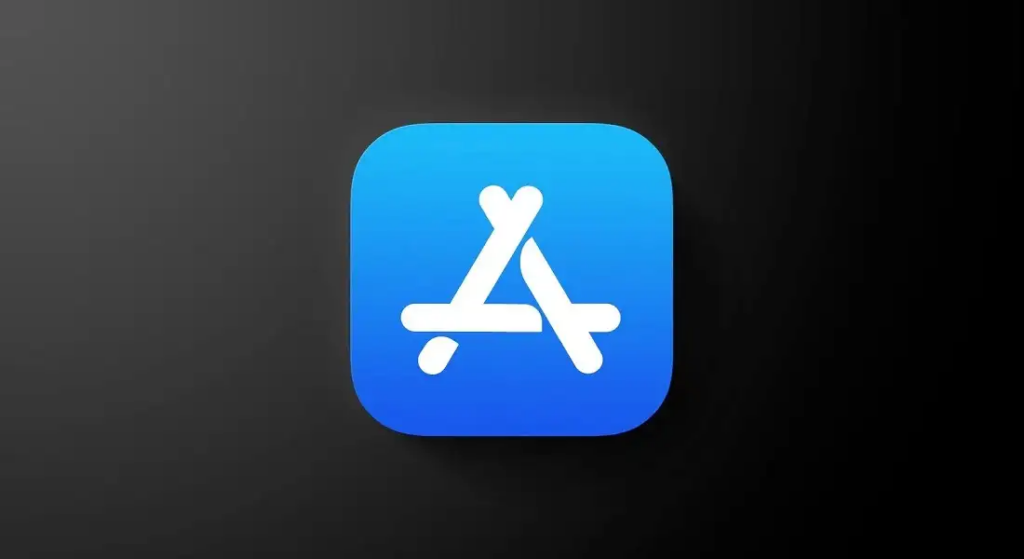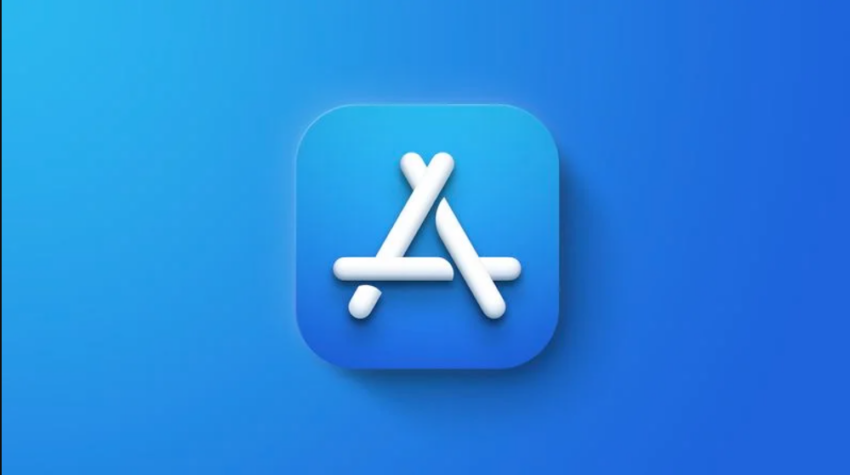Developers and App Store customers have long complained about programs that offer little functionality and demand expensive rates to defraud consumers, and the latest trend is a flood of ChatGPT apps in the App Store.
After spotting an alarming amount of ChatGPT apps from the same few developers, Privacy 1st researcher Alex Kleber took a deep dive through the Mac App Store over the weekend and posted his results on Medium. Kleber says dozens of duplicate OpenAI/ChatGPT apps have appeared on the Mac App Store, with “shady” developers “flooding” the store with nearly similar apps to confuse consumers and shut off other developers.
Kleber found developers gaming the Mac product Store using keywords, misleading marketing, fraudulent reviews, stolen OpenAI logos, and multiples of the same product.

Many apps promise to offer advanced AI-powered chatbots or language models and use OpenAI emblems and colors. Most of these apps are fakes or frauds that don’t deliver. These frauds fool users, degrade honest developers, and slow MacOS app ecosystem growth.
Pixelsbay and ParallelWorld, for instance, share a Pakistani parent company and 99 percent of their code. They have the same layout and paywall, and there is no option to quit the popup. App users unfamiliar with exiting and restarting apps may find this puzzling.
Taking advantage of chatbot popularity, all ChatGPT apps charge hefty charges, making the developers a lot of money.
ChatGPT is free online. OpenAI’s $20-a-month “Plus” membership promises faster response times and priority access to new capabilities.

Google Bard and Microsoft’s OpenAI-based Bing chatbot are free. Most of the sketchily-named and relatively new “ChatGPT” programs in the iOS and macOS App Stores are scams that you shouldn’t pay for, and many don’t even work. Most of these apps charge weekly, a warning sign.
Some apps offer ChatGPT functionality, however most are taking advantage of App Store customers who don’t know better.

Kleber wants Apple to crack down on scam apps to protect users from unethical developers. His complete Medium post details which apps to watch out for and how developers are deceiving Mac App Store users.

